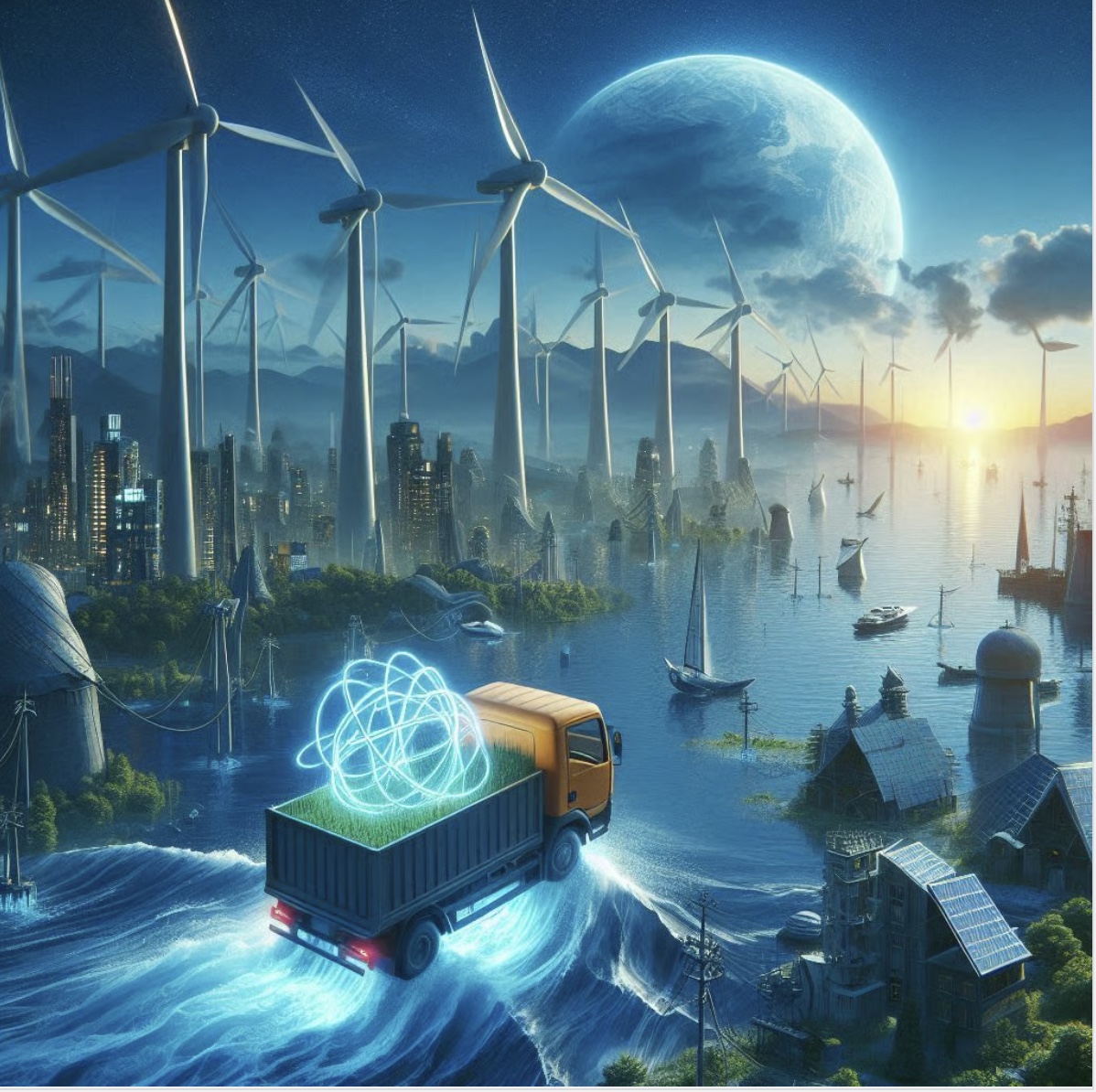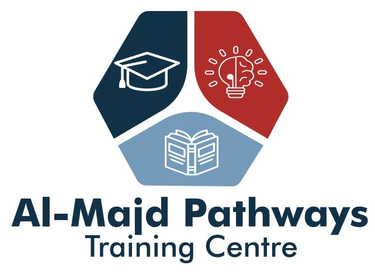
Mastering Renewable & Alternative Energies
Current and Future Trends in Green Energy Generation Architecture and Merits
£6800.00£6200.00
INTRODUCTION
The world's attention is now firmly focused on green energy, reducing our carbon footprint, and mitigating global warming. Creating a cleaner environment and establishing sustainable smart grids and micro-grids are paramount in today's electrical energy generation. Emerging economies are actively exploring ways to optimise renewable energy generation, while electricity storage and the integration of renewables into existing grids are gaining momentum within the electric power industry.
Renewable energy sources are derived from natural processes, ensuring a constant replenishment of energy. These resources, often referred to as alternative or renewable energy sources, offer a sustainable alternative to conventional non-renewable fossil fuels. Solar and wind power technologies, for example, have become increasingly prevalent worldwide. Other renewable energy sources like hydroelectricity, geothermal, tidal energy, and biomass are rapidly gaining recognition in electricity generation.
Course Highlights
Understanding the imperative for sustainable renewable energy
Exploring the characteristics and potential of solar power
Evaluating the advantages of wind turbines
Delving into bulk electrical energy storage solutions
Examining the integration of renewables into the grid and the concept of distributed energy resources
TRAINING OBJECTIVES
This Mastering Renewable & Alternative Energies training course aims to enable participants to achieve the following objectives:
Grasp the concepts of reducing global warming potential and carbon footprints
Gain insights into various methods of green energy electricity generation
Explore the intricacies of solar, wind, and hydroelectric power
Understand the benefits of bulk energy storage and distributed energy resources
Learn to design effective interconnections between renewables and the grid
TRAINING APPROACH
The Mastering Renewable & Alternative Energies training course will employ a blend of presentations, interactive practical exercises, video materials, activities, and case studies to facilitate learning.
TRAINING OUTLINE
Day 1 - Addressing Global Warming and Carbon Footprint Reduction
Understanding global warming potential and strategies to minimise carbon footprints
Environmentally friendly alternatives to sulphur hexafluoride (SF6) gas
Decision-making processes related to urban rail implementation
Smart grid architecture and its broader vision
Exploring smart grid technologies
Leveraging the Internet of Things and artificial intelligence in smart grids
Characteristics and advantages of micro-grids
Day 2 - Solar Power Technologies and Characteristics
Overview of solar power as a renewable energy source
In-depth understanding of photovoltaic cells
Concentrated solar power and its applications
Bifacial solar modules and their advantages
Modern innovations in solar roof tiles
A global perspective on solar parks
Day 3 - Wind Farms and Wind Turbine Capacities
An overview of wind power generation
The construction and operation of wind turbines
In-depth analysis of key wind turbine components
The merits and advantages of wind power
Digital wind farms and their functionalities
Comparing onshore and offshore wind farms
Day 4 - Hydroelectricity, Biomass, and Geothermal Energy
Types and characteristics of hydroelectric power plants
Weighing the pros and cons of hydroelectric energy
Introduction to biomass as a renewable energy source
Biomass energy production, including ethanol
Harnessing geothermal energy for power generation
Tidal energy: Operations and unique characteristics
Day 5 - Bulk Energy Storage and Distributed Energy Resources
The significance of energy storage within renewable energy systems
Exploring large-capacity battery solutions
Technologies behind distributed energy resources
Understanding the importance of integrating renewable energy into existing systems
Final wrap-up session with Q&As.
Certificate of Completion: Upon successful completion of the course, participants will receive a Certificate of Completion from Al-Majd Pathways Centre (APC).
Get in touch with us today.
Follow
Sign-up for our newsletter
0044 7466410010
©2025 All rights reserved.
